Studies aim to demolish clichés about migrants
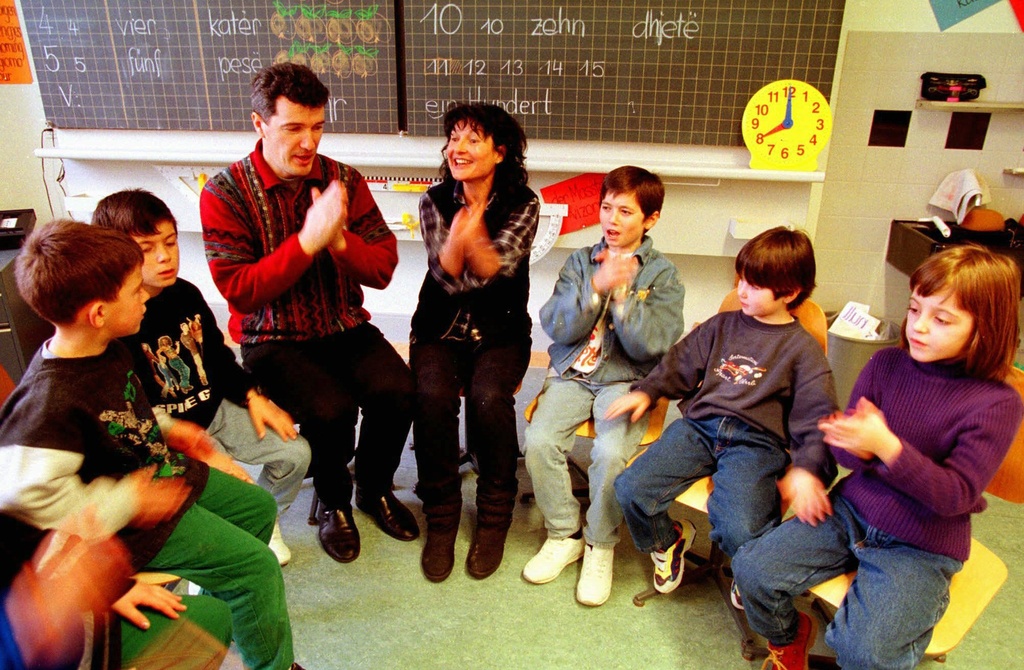
Migrants who intend to go home tend not to integrate, coping with an unfamiliar society can be bad for the health – and not all migrants are the same!
These are some of the findings presented in a study by the Federal Migration Office earlier this week.
Kosovars often get a bad press in Switzerland, but when they first came in the late 1980s, people were barely aware of them.
A combination of circumstances – the arrival of asylum seekers with large families during the Yugoslav civil war, their dependence on social security at a time of recession, the identification of Albanian-speaking Kosovars with drug networks from Albania – tarnished their image.
The negative perception many Swiss have of them today puts young Kosovars at a disadvantage when looking for an apprenticeship or work, the study says.
The Kosovars are one of four groups selected for the Migration Office studies. The others are migrants from Portugal, Turkey and Eritrea and Somalia.
“It’s legally part of our mandate to inform the [Swiss] population about the situation of foreigners here,” Migration Office spokeswoman Marie Avet told swissinfo.ch.
“Experts tell us that – especially in the case of Somalia and Eritrea, and also Kosovo – people know very little about them and there are a lot of clichés. Through these studies, which take a more in-depth approach, we hope to forestall such clichés.”
The reports give an overview of the different communities; they contain facts and figures, describe the migrants’ culture and the way they live, and show how the different groups organise themselves.
Integration measures
The Migration Office itself will benefit from the reports, applying the findings to its own work.
“We found that the ideology of returning to their own country is very important to many Portuguese, which makes it difficult to take integration measures for this population group,” Avet explained.
In the case of Turkish migrants, the study found that community associations play an important role in helping with integration.
“They pass on information so that immigrants from Turkey can find their way here. That’s of course very important for us: we now know that we must work with such associations to ensure that knowledge gets passed on,” said Avet.
The study found that while these organisations are important for new migrants, they do not encourage the Turks to stick together as a community, but rather to integrate.
Turks are not yet well represented in all areas of employment, Avet admitted. They originally came mainly to work in construction, but this is likely to change.
“We have noticed that for Turkish parents the education of their children is very important, and they support them. So we are going to have ones with higher qualifications.”
Obstacles
Some of the information throws light on issues to which the host population is perhaps largely oblivious.
The Migration Office chose Eritreans and Somalis as one of the groups for study because in 2008 large numbers of them were seeking asylum. Most are unskilled workers in low-paid jobs – held back in part because they lack both local language knowledge and social networks to help them.
“The loss of social networks and of traditional roles (the husband’s loss of status), often lead to loneliness and depressive symptoms… Poor language competence, cultural taboos and lack of information about the health system make it hard to access possible relevant treatment,” the study reports.
“[The studies] are certainly an important reference work for professionals who have to deal with these migration groups,” Avet said. “But they are also for private individuals who are simply interested, or perhaps have Kosovar neighbours, let’s say, and would like more information about them.”
“It’s clear we can’t force anyone to read it. We can just make these things available and hope they reach people who perhaps have the clichés [in their head].”
Seeing how others see them
The four studies were commissioned after a pilot study about Sri Lankans in Switzerland was published in 2007.
Avet said it is still too early to tell whether that study had any effect on public attitudes, but professionals had welcomed it and found the information helpful in their daily work with Sri Lankan migrants.
Mario Gattiker, deputy director of the Migration Office told French-language Swiss radio that “information is itself an integration measure: it contributes to better coexistence.”
But integration is a two-way street. Bashkim Iseni, of the Swiss Forum of Migration and Population Studies of Neuchâtel University told the same radio station that he had recommended that the studies be translated into the languages of their subject groups.
“It seems to me important that, for example, the Kosovar community should see how they are perceived,” he said. “If they are made more aware of the Swiss perceptions in an objective manner, I think that will help them in the process of integration.”
Julia Slater, swissinfo.ch
At the end of 2009 there were 1,680,197 legally resident foreigners in Switzerland.
Of these, 1,066,086 persons were nationals of the European Union or the European Free Trade Area.
One in every four employed persons in Switzerland has foreign passport.
In 2009 44,948 persons were granted Swiss citizenship. Most came from Kosovo, Italy, Germany and Turkey, continuing recent trends.
16,005 persons applied for asylum in Switzerland. Most came from Nigeria, Eritrea, Sri Lanka, Iraq, Somalia, Afghanistan, Kosovo, Georgia, Serbia and Turkey.
The approval rate of asylum applications was 16.3%.
Asylum seekers account for 2.5 per cent of legally resident foreigners.
Since the Second World War, about two million people have immigrated to Switzerland, or are the descendents of immigrants.
One tenth of Swiss nationals live abroad.
(Source: Federal Migration Office)

In compliance with the JTI standards
More: SWI swissinfo.ch certified by the Journalism Trust Initiative
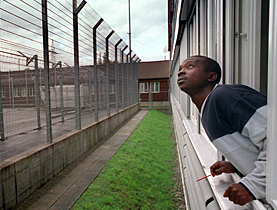
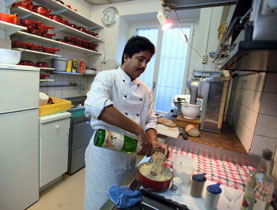
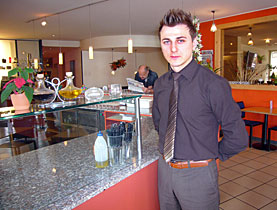


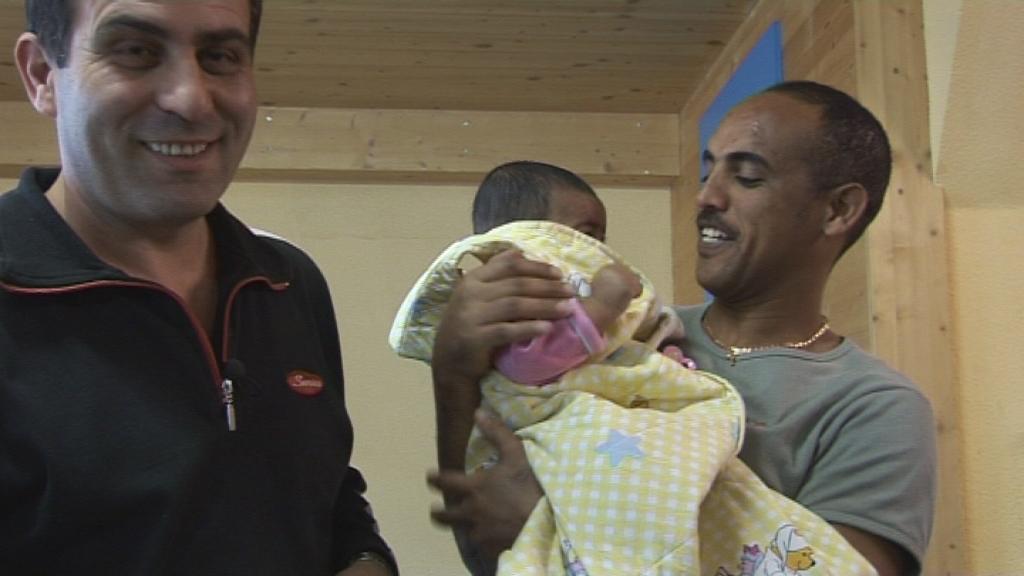
You can find an overview of ongoing debates with our journalists here. Please join us!
If you want to start a conversation about a topic raised in this article or want to report factual errors, email us at english@swissinfo.ch.